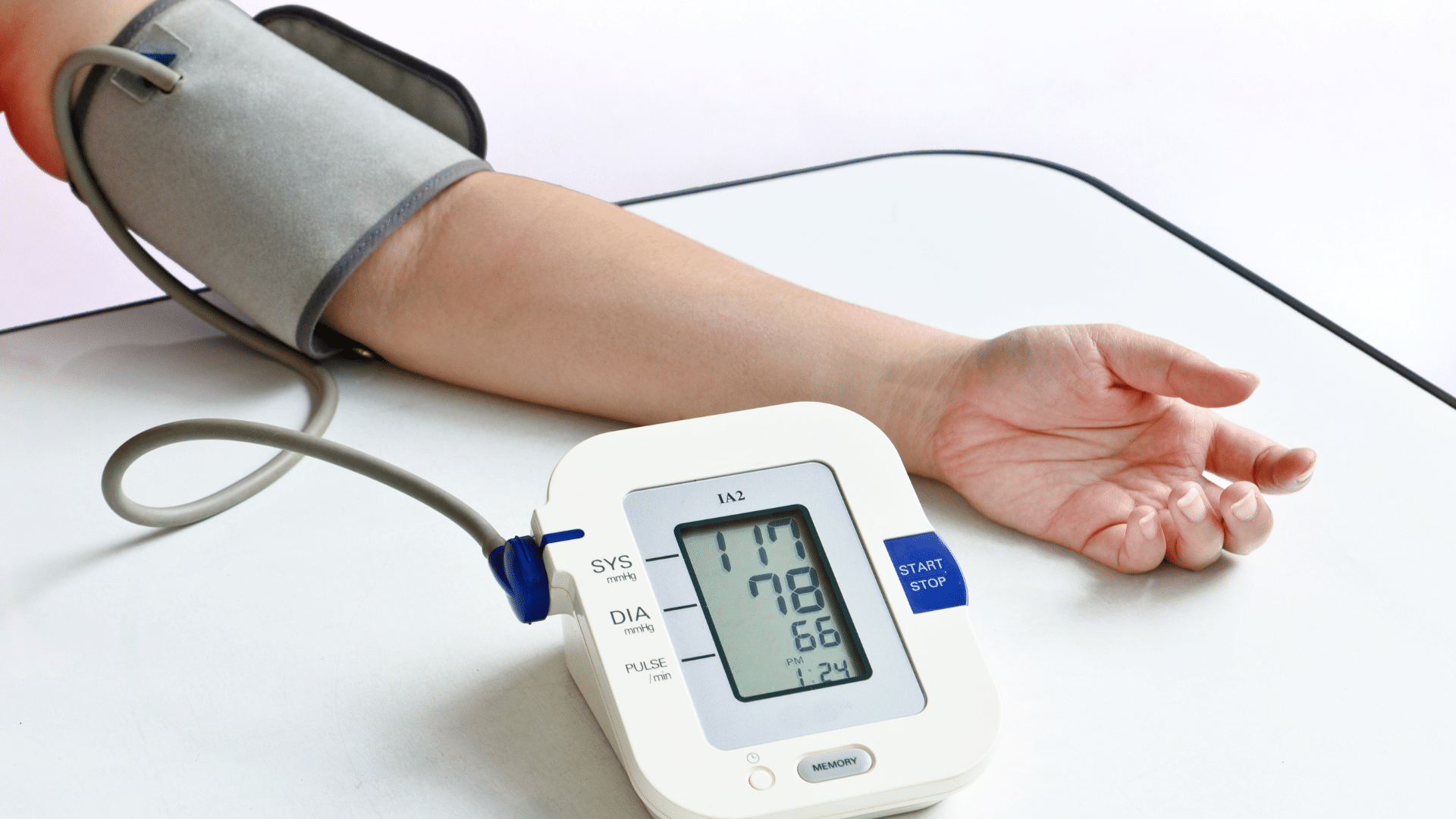High blood pressure, also known as hypertension, is a common health condition that can increase the risk of heart disease. While medication is often prescribed to control blood pressure, there are also natural ways to lower blood pressure and reduce the need for medication. By improving habits and focusing on a healthy lifestyle, people who suffer from hypertension can find natural, low-cost ways to manage blood pressure and even improve the condition.
A healthy waistline can lower blood pressure
One of the most effective ways to lower blood pressure is by losing extra weight, especially if you are overweight or obese. Research shows that even a small amount of weight loss can significantly reduce blood pressure. According to the Mayo Clinic, for every 2.2 pounds of weight lost, blood pressure may decrease by approximately 1 millimeter of mercury (mm Hg).
Additionally, it is essential to keep an eye on your waistline. Carrying excess weight around the waist can increase the risk of high blood pressure. Men are at risk if their waist measurement exceeds 40 inches (102 centimeters), while women are at risk if their waist measurement exceeds 35 inches (89 centimeters).
Exercise helps lower blood pressure
Regular physical activity is another effective way to lower blood pressure naturally. Regular physical activity has a direct impact on blood pressure levels. When we exercise, our heart muscles work harder, pumping more blood throughout our body. This increased blood flow allows the arteries to widen, reducing the resistance to blood flow and ultimately lowering blood pressure. Additionally, exercise helps strengthen the heart muscles, making it more efficient at pumping blood, and reducing the overall workload on the heart.
Aerobic exercises such as walking, jogging, cycling, swimming, or dancing are excellent choices for reducing blood pressure. High-intensity interval training, which involves alternating intense activity with lighter activity, can also be beneficial. In addition to aerobic exercises, incorporating strength training exercises into your routine can further help reduce blood pressure.
Follow a healthy diet
A healthy diet plays a crucial role in managing blood pressure. Adopting a diet rich in whole grains, fruits, vegetables, and low-fat dairy products, while limiting saturated fat and cholesterol, can have enormous effects on managing hypertension. Two eating plans that are particularly effective in controlling blood pressure are the Dietary Approaches to Stop Hypertension (DASH) diet and the Mediterranean diet.
Including potassium-rich foods in your diet can also help reduce the effects of sodium on blood pressure. It is recommended to consume 3,500 to 5,000 mg of potassium per day. Fruits and vegetables are excellent sources of potassium, and it is best to obtain it from natural food sources rather than supplements.
Incorporate stress-reducing techniques
Stress is a prevalent and inevitable part of life. However, chronic stress can have adverse effects on physical and mental well-being. When we experience stress, our bodies release stress hormones, such as cortisol, which can cause a temporary increase in blood pressure. In individuals with hypertension, chronic stress can lead to sustained high blood pressure levels, making the condition more difficult to manage.
Engaging in activities like meditation, deep breathing exercises, yoga, or spending time in nature can help calm the mind and lower blood pressure.
It’s also important to reduce stress at work, and there are techniques available to do that.
Limit alcohol consumption
Alcohol, when consumed in excess, can lead to a rise in blood pressure. This is primarily due to its effect on the cardiovascular system. When we consume alcohol, it enters our bloodstream and affects the functioning of our blood vessels and heart.
Men should consume no more than two alcoholic beverages per day, while women should limit their intake to one alcoholic beverage per day. If you have high blood pressure, it may be beneficial to avoid alcohol altogether.
Monitor your blood pressure regularly
Lastly, it is crucial to monitor your blood pressure regularly. By tracking your blood pressure levels at home, you can identify any changes and take appropriate action. Consult with your healthcare provider to determine the best monitoring devices and how often you should check your blood pressure.







